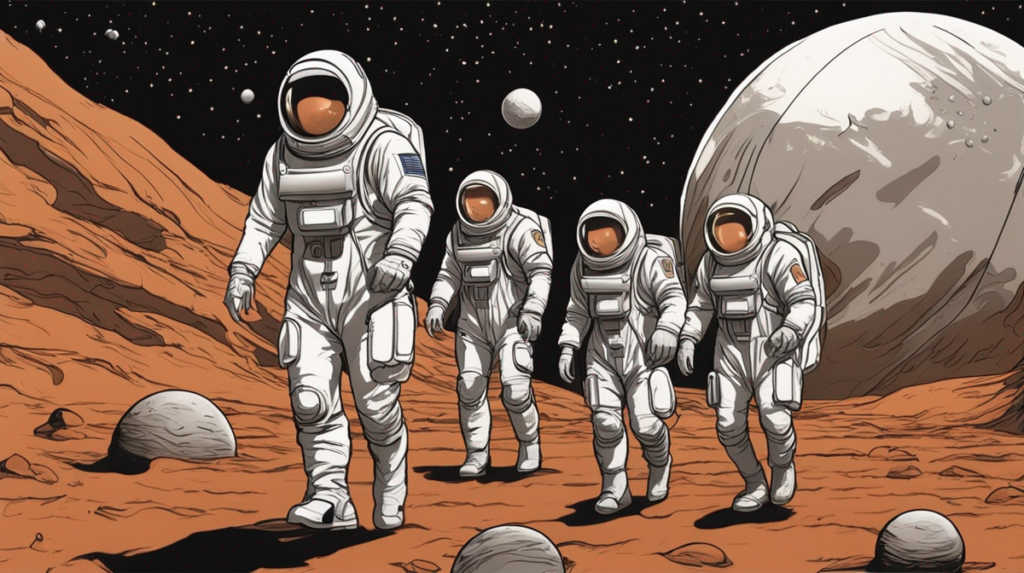In recent years, Mars colonization – once a far-flung idea confined to the realms of science fiction, has begun to look increasingly possible. Powerful entities like NASA and private space companies like SpaceX are making concerted efforts to make life on the Red Planet a reality. But is Mars colonization truly feasible? And what are the health implications for humans venturing to live on a foreign planet?
Challenges of Mars Colonization
The journey to Mars presents formidable challenges. Mars’ atmosphere, primarily composed of carbon dioxide, is 100 times less dense than Earth’s. This means that any Mars colonization effort must contend with significant barriers for human survival, including the prevention of radiation exposure and the provision of sufficient oxygen and food supplies.
Potential Health Risks
An interplanetary journey and living on Mars could weigh heavily on human health. The potential health implications include radiation exposure during the trip and on Mars, the psychological effects of confined living space, and physiological changes from long-term low-gravity environments.
Radiation in space is many times greater than on Earth, and without adequate protection, this exposure could lead to increased cancer risk, damage to the central nervous system, acute radiation syndrome, and possibly sterility.
Living in confined, isolated spaces for extended periods can result in psychological stress and mental health conditions. NASA’s HI-SEAS (Hawaii Space Exploration Analog and Simulation) Mars simulation project highlighted concerns including depression, interpersonal conflict, and sleep disorders.
Long-duration spaceflight also results in muscle and bone loss. Astronauts can lose up to 20% of their muscle mass on spaceflights lasting five to 11 days. The body also experiences bone density loss at a rate of about 1% per month in space, compared to 1% per year on Earth for seniors.
Potential Solutions
Despite these challenges, scientists are developing mitigative strategies. Concepts like bio-regenerative life support systems, which recycle waste into water and food, and radiation shielding materials for spacecraft and Mars habitats, are under development. Also, artificial gravity habitats during transit and physical and psychological therapy offer potential solutions to health-related challenges.
Conclusion
While we are closer than ever to achieving Mars colonization, serious challenges persist. The health implications of a Mars lifestyle must be thoroughly examined and addressed. However, the potential solutions show promise. Considering the rate of technological growth and our expanding knowledge of Mars, colonizing the Red Planet may be a reality within this century. But will it be a wise choice for human health? That is a question that remains to be answered.

